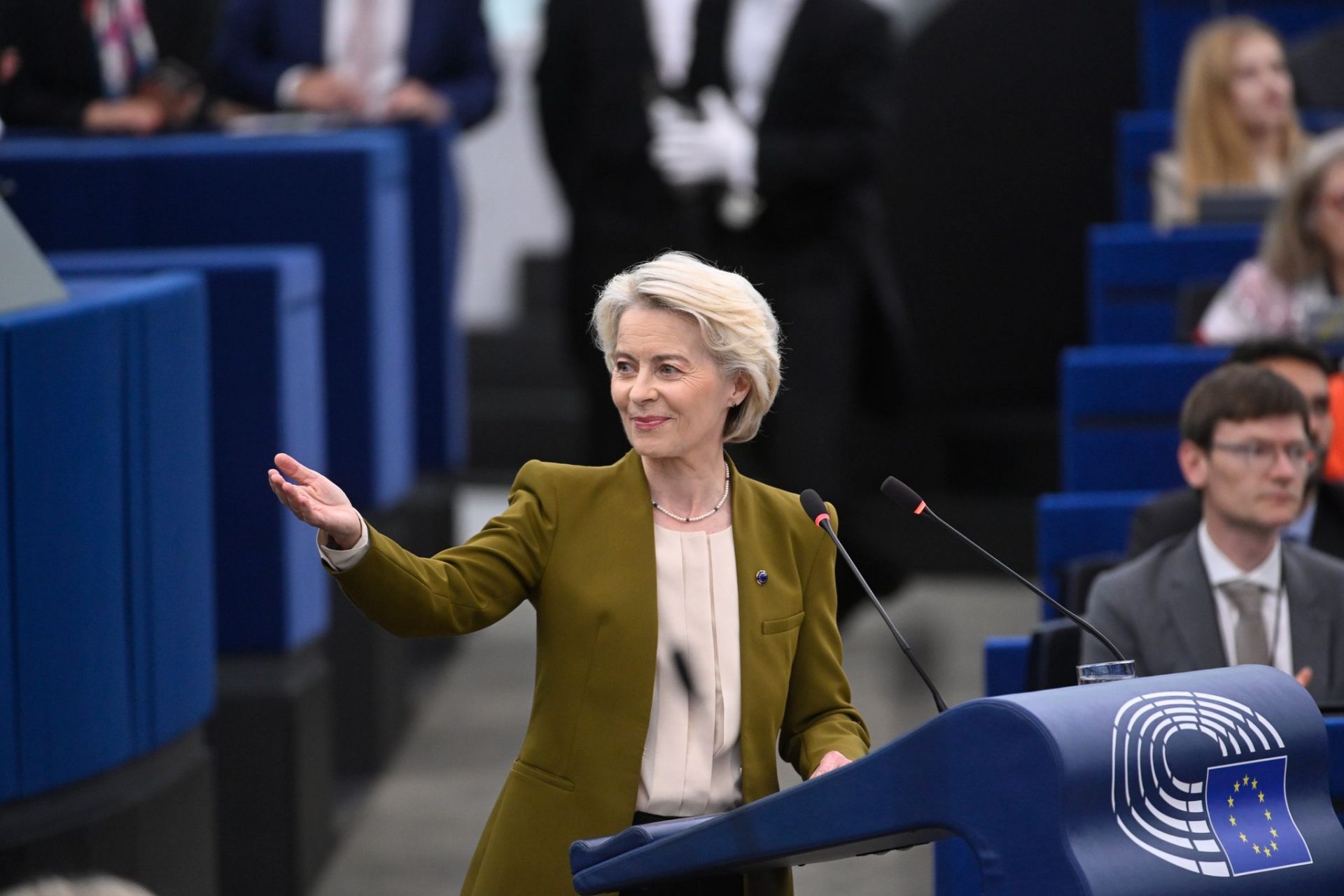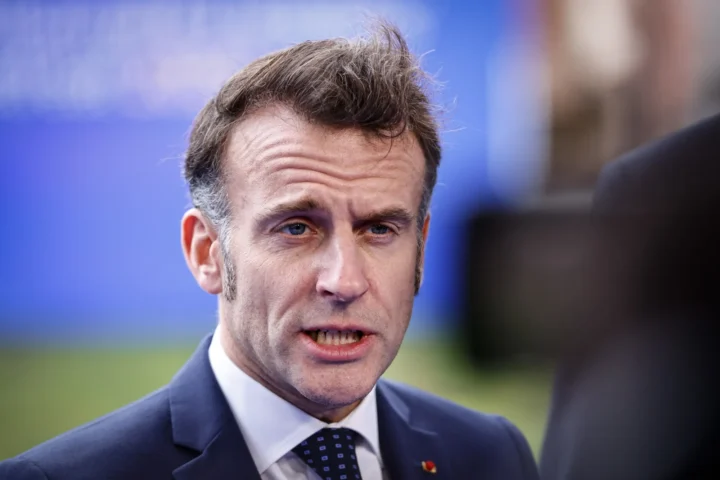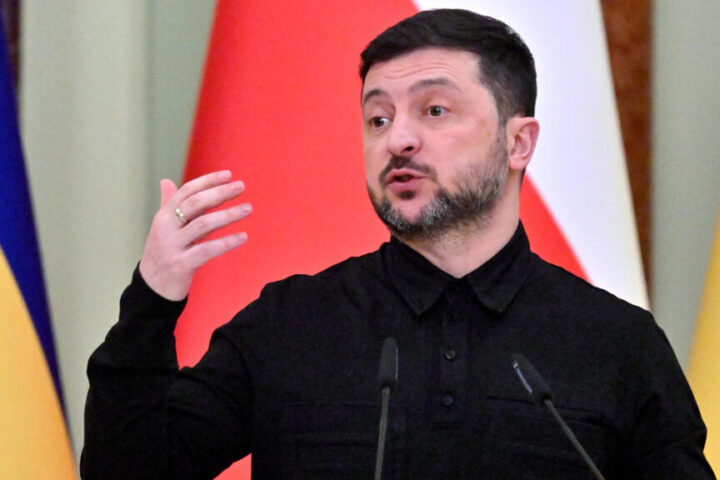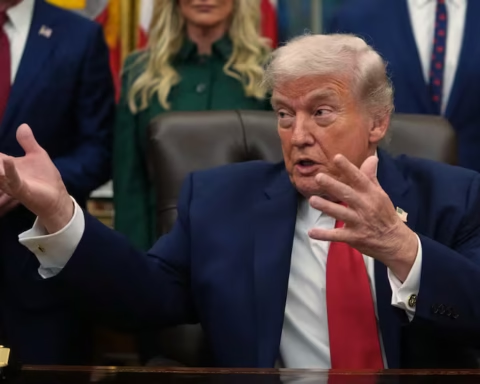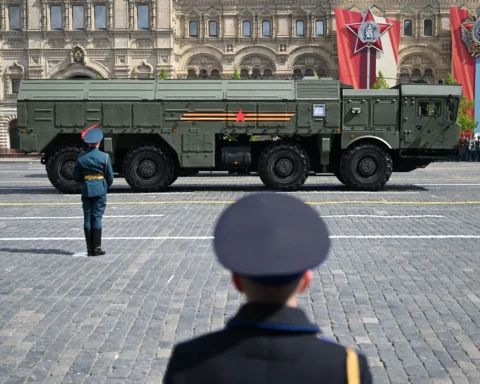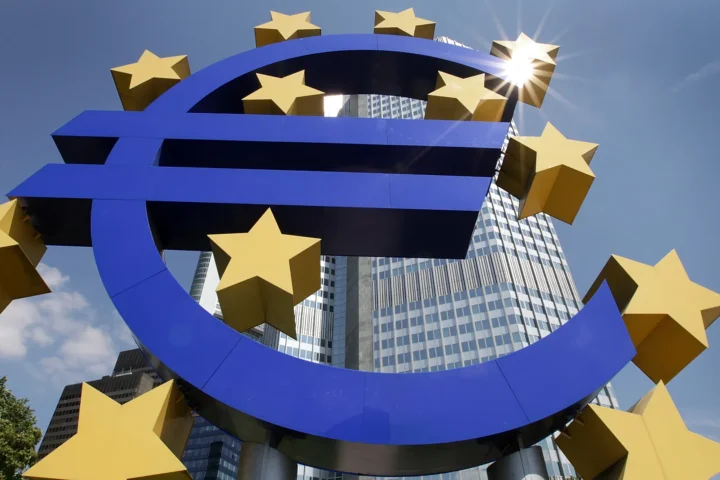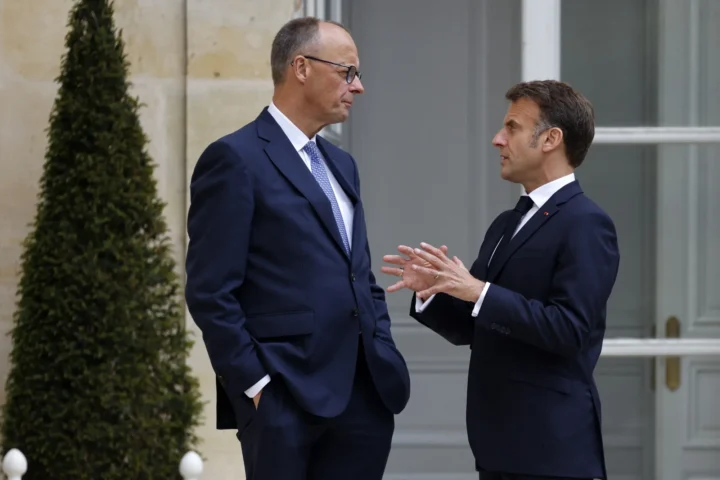In her State of the Union address to the European Parliament, European Commission President Ursula von der Leyen proposed suspending all bilateral EU support to Israel. The halt would apply to funding under various cooperation programmes. However, she said that this suspension would not affect work with Israeli civil society groups or Holocaust-related institutions such as Yad Vashem.
She also called for a partial suspension of the trade-related parts of the EU-Israel Association Agreement, as one of several punitive measures. Additional proposed steps include sanctions targeting extremist ministers in the Israeli government and violent settlers.
Why now? The rationale
Von der Leyen framed her proposals in moral and humanitarian language, referring to what she described as a man-made famine in Gaza and accusing Israel of actions that undermine the two-state solution. She said Europe cannot remain paralysed in the face of serious humanitarian consequences.
What it would actually mean — scope & details
The payments being suspended include funds from the EU’s Neighbourhood, Development and International Cooperation Instrument that were earmarked for cooperation with Israel. There are also ongoing institutional and regional cooperation projects whose funding will be frozen. Exceptions include civil society funding and Holocaust memorial projects, which are not to be affected.
Legal, political & practical constraints
EU internal divisions
The EU is not united on this. Some member states are reluctant, especially those that see strategic, political or economic importance in keeping stronger ties with Israel. Achieving a qualified majority is required for suspending trade parts of the association agreement, and this is not assured.
Legal obligations and agreements
The Association Agreement gives certain trade preferences and cooperation obligations. Partially suspending or withdrawing parts of it may have legal consequences or lead to disputes. EU financial instruments are often bound by prior commitments, multiannual budgeting and performance criteria. Suspensions may be possible under certain clauses, but could face legal challenges or claims of breach of contract.
Risk of diplomatic fallout
Israel has already strongly criticized the proposal, calling it unacceptable conduct between partners. Some EU governments may view the move as too aggressive, or fear it may weaken diplomatic leverage in other respects.
Potential impacts
On Israel
The suspended funds are not enormous compared to Israel’s entire budget, but they represent symbolic and diplomatic pressure, plus some real losses for cooperation projects. If trade preferences under the association agreement are suspended, certain Israeli goods could lose preferential access or face trade barriers, affecting exports to the EU.
On the EU and its member states
The move is meant to signal that the EU is willing to act in response to humanitarian concerns, not merely issue statements. It may shift perceptions of EU foreign policy consistency. But member states may clash over how far to go, and whether these measures set precedents for future conflicts. Managing relations with Israel, maintaining security cooperation and balancing allies will become more complex.
On the broader Middle East
The measure may heighten pressure on Israel to adjust its conduct, especially with respect to humanitarian access in Gaza. On the other hand, it may provoke counter-measures or harden positions. It could also affect Israel’s relations with the EU in research, scientific cooperation, innovation programmes and regulatory alignment, depending on how trade and cooperation parts are adjusted.
Challenges and obstacles
Even though the Commission can unilaterally suspend certain payments that it directly controls, broader trade suspensions or more extensive sanctions require approvals from member states. Legal claims from Israeli institutions or projects facing suspended funding could emerge, especially if contractual obligations are unfulfilled. There is also the risk that the EU’s move backfires diplomatically or strategically, reducing its ability to influence events or pushing Israel to seek alternate partners elsewhere.
What this signifies
This proposal may mark a shift in the EU’s posture toward Israel in light of the humanitarian crisis in Gaza. It reflects growing pressure on European institutions to tie policy more strongly to human rights and international legal norms.
It also shows the limits of what the EU can do: even when the Commission proposes a strong policy, the actual implementation depends on member states, legal frameworks and competing strategic interests.
